Yesterday I shared the books by some of the folks who blurbed More Than Words.
Today, I want to share books that proved especially central to different parts of the book, books I either argued alongside, or in one case, against. All of them were invaluable to putting my book together.
Kyle Chayka’s Filterworld: How Algorithms Flattened Culture is a book I’ve dipped back into periodically since I first read it. In a way, I think it was ahead of the zeitgeist in how Chayka shows the limits and dissatisfactions of settling for an experience of life that’s mediated through algorithms that collect and then average out human experience in the same way LLMs sand away the unique intelligence of human writing. In More Than Words I use Filterworld as a jumping off point to talk about the importance of developing appreciation and a sense of taste and personal aesthetics. Thanks to Filterworld, I admit in print that I’m a fan of Phish.
In a previous newsletter I named Maryanne Wolf one of the people who should read my book, and I’m pleased to say that I was able to connect with her and have a copy sent her way. Proust and the Squid was hugely influential to the chapters on reading in More Than Words, but even more important it provided a model for how to ground something that seems ephemeral (reading) in tangible, meaningful ways. This book about reading helped me think about my book about writing.
is another person who I thought should read my book who I’ve been able to connect with, and I hope he has a chance to see how important Hidden Potential was to a key section of More Than Words where I talk about developing one’s writing “practice,” and the role of engagement and motivation, which Grant brings to life so well in his book. I’m particularly a fan of the examples and illustrations Grant uses to illuminate the underlying science of motivation, and make significant use of his example of Steph Curry of the Golden State Warriors to show how we can emulate Curry’s practices to improve as writers.Not long after ChatGPT appeared and confusion reigned, I ran across a link on Twitter (RIP) to a description of The Intelligence Illusion by Baldur Bjarnason, and I thought, I’ve got to read that. I did, and Bjarnason’s framing of our response to the outputs of generative AI as an illusion we’re creating for ourselves is something I cite in the book and just about every talk I give on AI. Businesses and institutions would be well-served to take in Bjarnason’s cautions about the limits and risks of this approach to artificial intelligence.
I can’t think of a writer I disagree with more when it comes to AI than
. For example, in Co-Intelligence: Living and Working with AI, one of his chief recommendations for using LLMs is to anthropomorphize them. In contrast, in my chapter on how it’s important for us to resist certain temptations in order to honor the distinctions between the spiky intelligence of humans and the distilled predictions of generative AI, my first recommendation is to not anthropomorphize AI.But when I say I disagree, this is not the same thing as saying Mollick is wrong. Mollick is an esteemed Wharton Business School professor focused on marketing and entrepreneurship. His interest in AI is rooted in how to make humans more efficient and productive relative to averages in this kind of work. He’s talking to CEOs and managers and entrepreneurs about business imperatives in relationship to this developing technology.
I’m a former first-year writing instructor and writer who is focused on trying to help young people discover what they have to say to the world as individuals. We’re two different people with different lenses, and it’s enormously helpful to know not only what you’re arguing against, but why, and to understand the why you need something with sufficient heft to test yourself. Sal Khan’s book couldn’t do that because it’s an infomercial, as weightless as a cone of cotton candy. Mollick’s book forced me to better understand and articulate why I think what matters…matters.
Wendell Berry’s Life Is a Miracle: An Essay Against Modern Superstition is a great example of a book that’s constructed to argue against the ideas of another, in this case, the concept of “consilience,” Edward O. Wilson’s notion that, essentially, all the questions of life and living could (and should) ultimately yield to understanding through the application of science.
Wilson’s view has been dominant in our culture as advances in technology have revealed things that previously seemed mysterious or magical. The appearance of ChatGPT in November of 2022 suddenly had lots of people believing that a godlike superintelligence would be coming from via a machine.
Berry forces us to look at the values that underpin our notions of intelligence, and dignity, and what is moral and just. I’ve read a lot of Berry over the years and sometimes I will feel indicted by his work, as I recognize I’ve allowed my own humanity to slip away from me on occasion.
Berry asks us to remember we are creatures, not machines, and when it came time to make a turn to the end of More Than Words and issue a call to arms, this is the notion I held to.
You can’t pre-order More Than Words: How to Think About Writing in the Age of AI anymore because now it’s just an order! Kirkus reviews thinks the book is worth your time!
Tomorrow I’m going to share some of the books that are foundational to what I explored in More Than Words, the DNA of the book if you will. In the meantime, perhaps you will enjoy this celebrity cover of my book’s theme song.
More soon,
John Warner
The Biblioracle




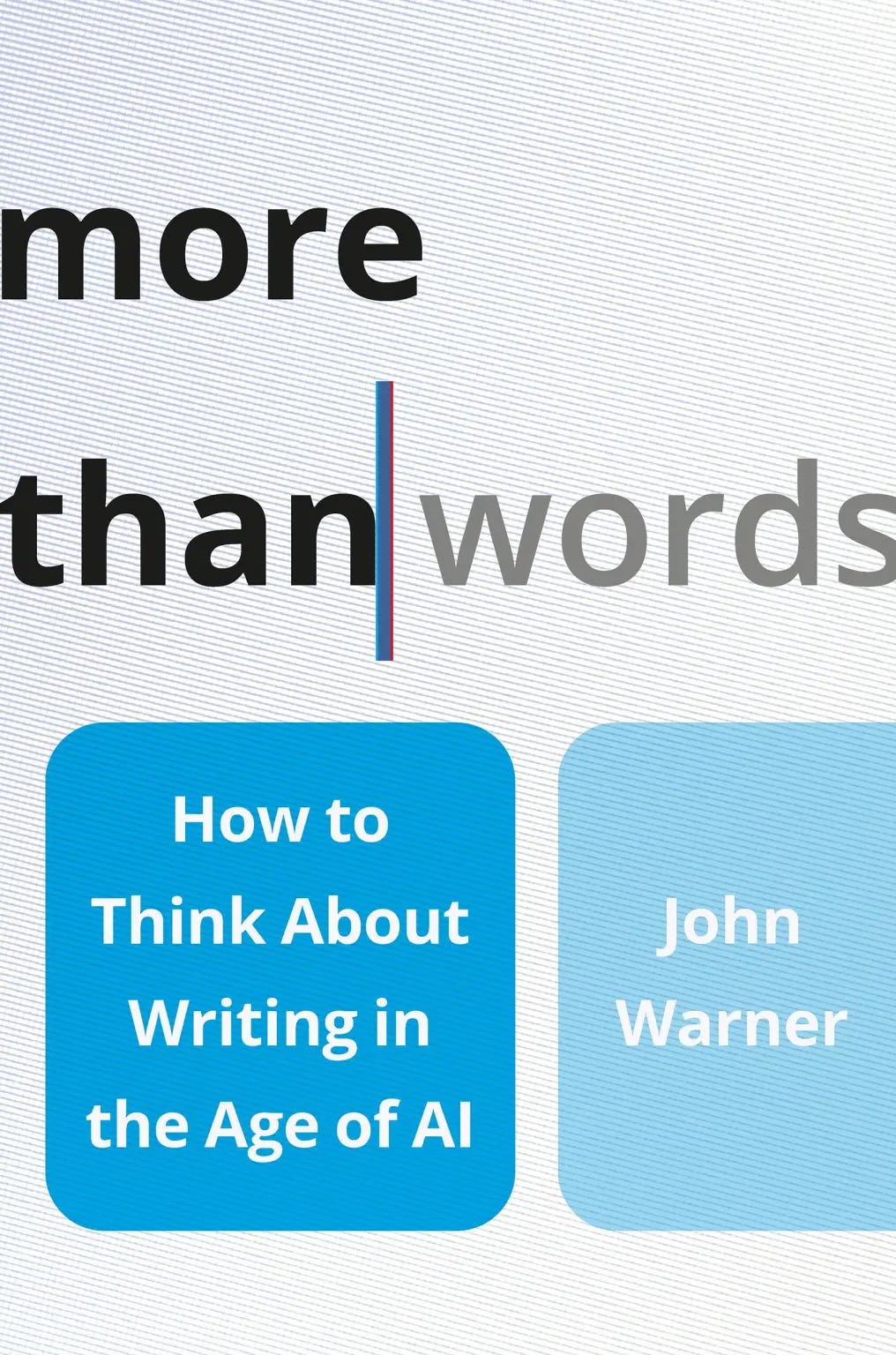

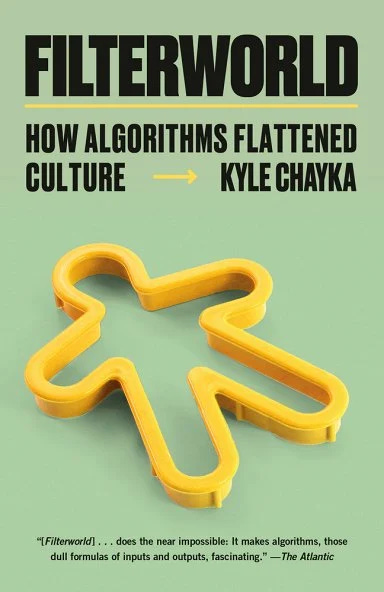
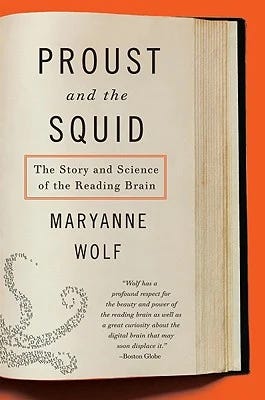
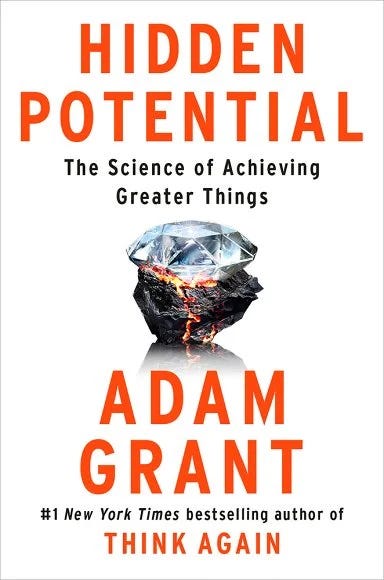
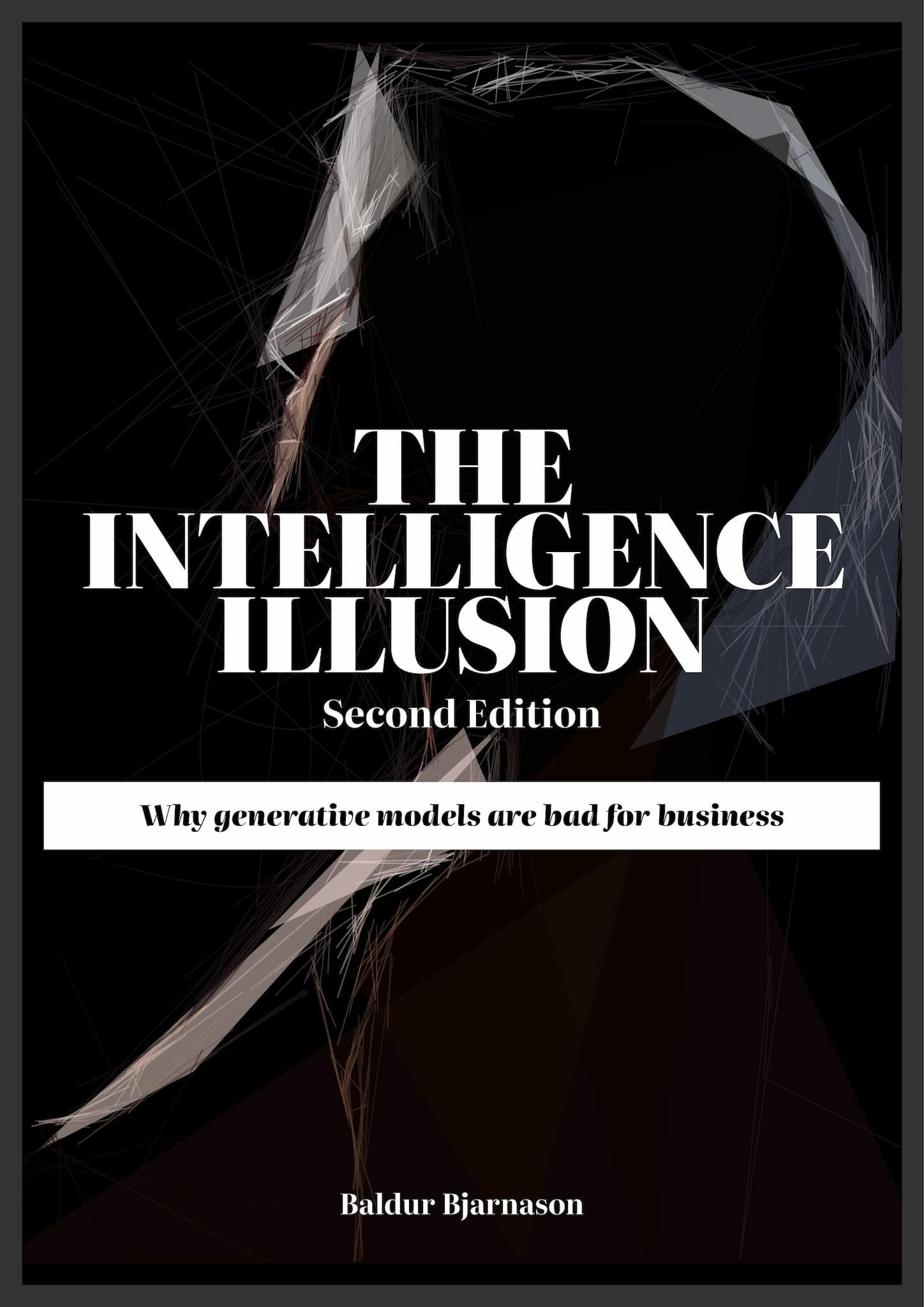
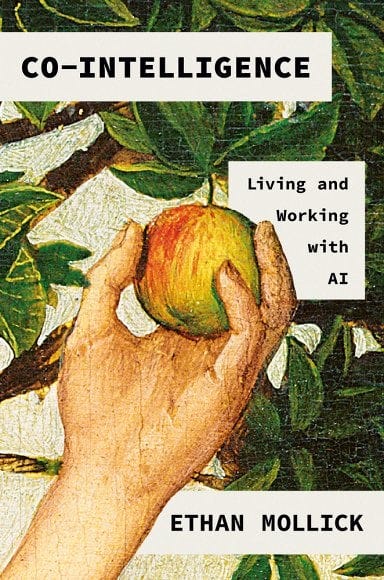
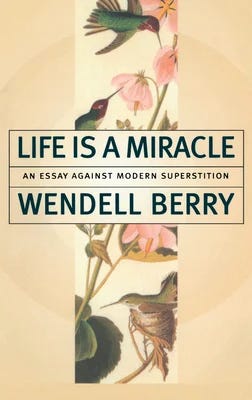
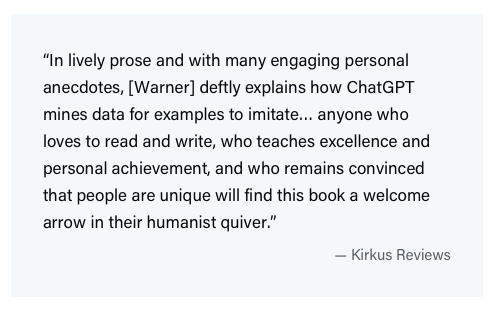
Hey John, love your work and eager to read the book. Have you looked at Claude while writing the book? it's way of tuning slightly differs from the other mainstream chatbot, not to say that it's good at anything better, but it gives more of a good writer and companion than others. Love to know your thoughts.
This list is absolutely fantastic and I’m so looking forward to your book. Is The Intelligence Illlusion available in any format other than kindle? Preferable paperback.